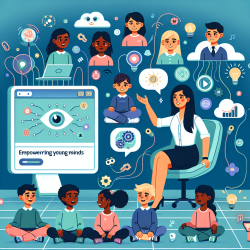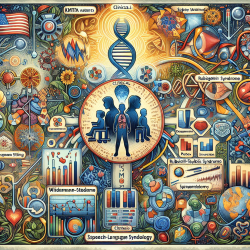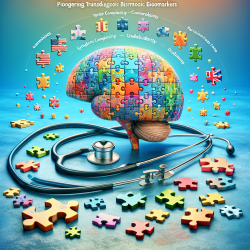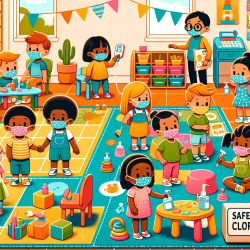Transforming Emotional Health in Children: The Power of Forgiveness Education
In the realm of child development, fostering emotional health is paramount. Recent research has illuminated a promising avenue: forgiveness education interventions. These programs are designed to help children and adolescents understand forgiveness and its critical role in healthy relationships. The meta-analysis conducted by Rapp et al. (2022) provides compelling evidence supporting the effectiveness of these interventions.
Key Findings from the Meta-Analysis
The study reviewed 20 studies involving 1,472 youth across 10 countries, revealing significant positive effects of forgiveness education on both forgiveness and anger management. Specifically, the interventions showed a substantial effect size on forgiveness (g = 0.54) and a moderate effect size on anger reduction (g = 0.29). These findings suggest that children who learn about forgiveness can better manage their emotions and improve their interpersonal relationships.
Implementing Forgiveness Education in Practice
For practitioners working with children, integrating forgiveness education into therapy sessions can be transformative. Here are some practical steps to consider:
- Incorporate Forgiveness Concepts: Introduce children to the concept of forgiveness through age-appropriate discussions and activities. Use stories and role-playing to illustrate how forgiveness can resolve conflicts and improve relationships.
- Develop Emotional Literacy: Help children identify and articulate their emotions. Understanding feelings like anger and hurt is the first step toward forgiveness.
- Practice Empathy: Encourage children to see situations from others' perspectives. This can foster understanding and reduce the likelihood of holding grudges.
- Create a Safe Environment: Ensure that children feel safe expressing their emotions and discussing past hurts. A supportive environment is crucial for effective forgiveness education.
Encouraging Further Research
While the current meta-analysis provides valuable insights, there is always room for further exploration. Practitioners are encouraged to contribute to this growing field by conducting their own studies and sharing findings. Understanding the nuances of forgiveness education in diverse cultural contexts and its long-term effects on emotional well-being can enhance its application and efficacy.
To read the original research paper, please follow this link: A meta-analysis of forgiveness education interventions’ effects on forgiveness and anger in children and adolescents.










